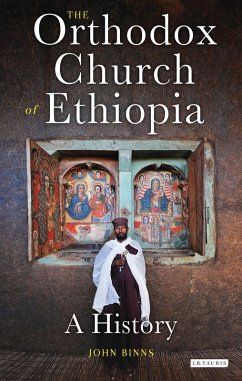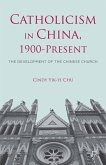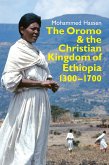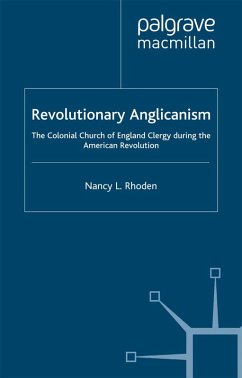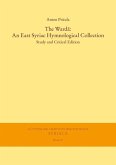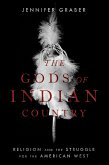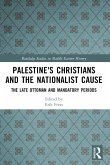Surrounded by steep escarpments to the north, south and east, Ethiopia has always been geographically and culturally set apart. It has the longest archaeological record of any country in the world. Indeed, this precipitous mountain land was where the human race began. It is also home to an ancient church with a remarkable legacy. The Ethiopian Church forms the southern branch of historic Christianity. It is the only pre-colonial church in sub-Saharan Africa, originating in one of the earliest Christian kingdoms-with its king Ezana (supposedly descended from the biblical Solomon) converting around 340 CE. Since then it has maintained its long Christian witness in a region dominated by Islam; today it has a membership of around forty million and is rapidly growing. Yet despite its importance, there has been no comprehensive study available in English of its theology and history. This is a large gap which this authoritative and engagingly written book seeks to fill. The Church of Ethiopia (or formally, the Ethiopian Orthodox Tewahedo Church) has a recognized place in worldwide Christianity as one of five non-Chalcedonian Orthodox Churches.As Dr Binns shows, it has developed a distinctive approach which makes it different from all other churches.
His book explains why this happened and how these special features have shaped the life of the Christian people of Ethiopia. He discusses the famous rock-hewn churches; the Ark of the Covenant (claimed by the Church and housed in Aksum); the medieval monastic tradition; relations with the Coptic Church; co-existence with Islam; missionary activity; and the Church's venerable oral traditions, especially the discipline of qene-a kind of theological reflection couched in a unique style of improvised allegorical poetry. There is also a sustained exploration of how the Church has been forced to re-think its identity and mission as a result of political changes and upheaval following the overthrow of Haile Selassie (who ruled as Regent, 1916-1930, and then as Emperor, 1930-74) and beyond.
His book explains why this happened and how these special features have shaped the life of the Christian people of Ethiopia. He discusses the famous rock-hewn churches; the Ark of the Covenant (claimed by the Church and housed in Aksum); the medieval monastic tradition; relations with the Coptic Church; co-existence with Islam; missionary activity; and the Church's venerable oral traditions, especially the discipline of qene-a kind of theological reflection couched in a unique style of improvised allegorical poetry. There is also a sustained exploration of how the Church has been forced to re-think its identity and mission as a result of political changes and upheaval following the overthrow of Haile Selassie (who ruled as Regent, 1916-1930, and then as Emperor, 1930-74) and beyond.

